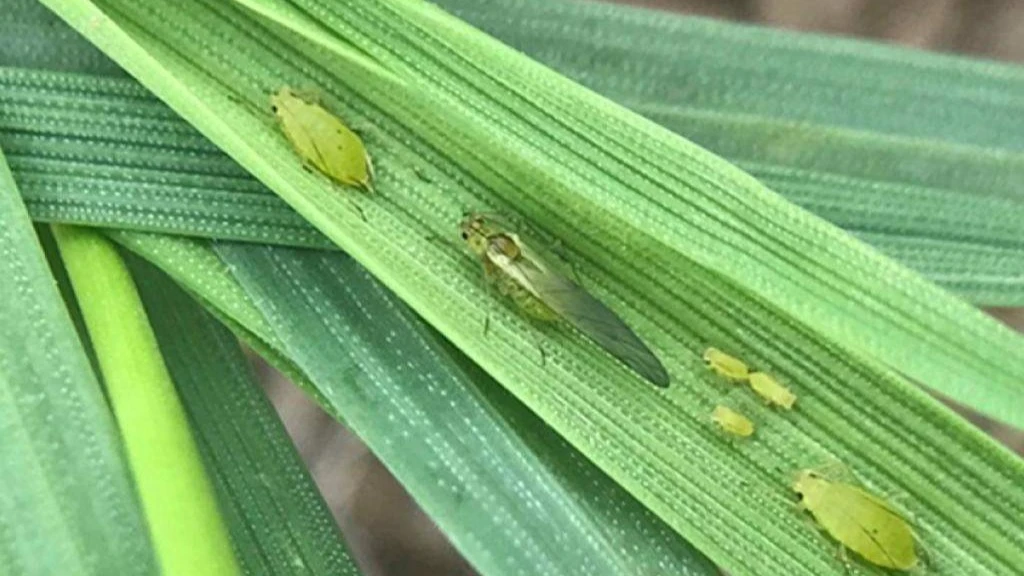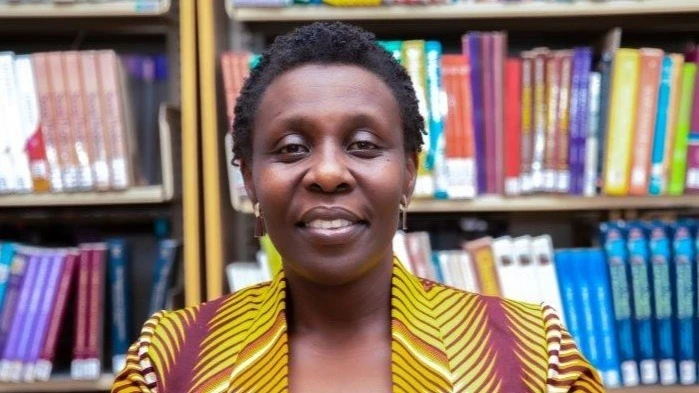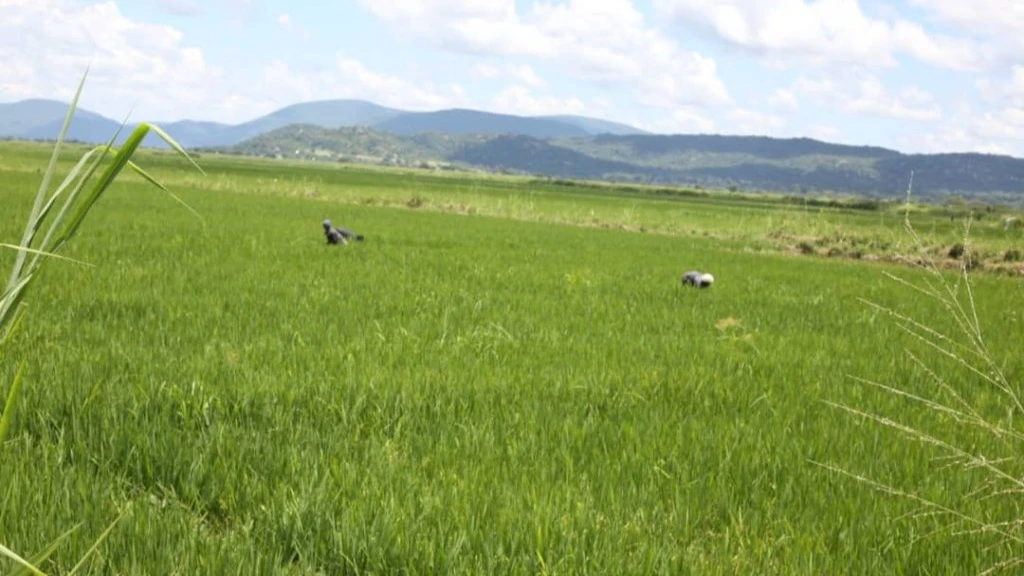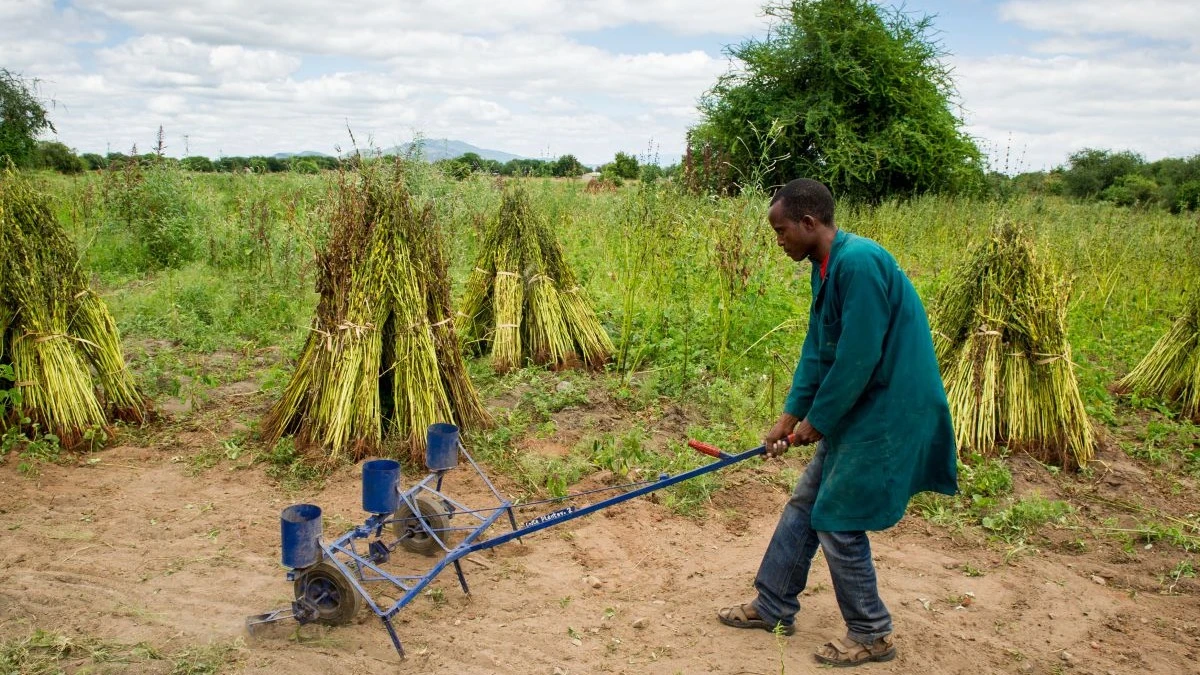Zanzibar faces huge shortage of crop pests management experts

ZANZIBAR’S Ministry of Agriculture, Irrigation, Natural Resources and Livestock is grappling with a significant shortage of experts in crop pest and disease management—a challenge that threatens agricultural productivity and food security across the isles.
Minister Shamata Shaame Khamis unveiled this yesterday in the House of Representatives when responding to a question posed by Ameir Abdallah Ameir, Mwanakwerekwe representative who raised concerns about the rising number of pest infestations affecting crops and whether the ministry had adequate personnel to address the situation.
Minister Shamata acknowledged the shortage, outlining several underlying causes. He explained that many of the ministry’s pest control specialists had retired over the years without being replaced. Additionally, a large proportion of the current workforce is composed of general agriculture graduates who possess broad-based knowledge but lack specialized training needed to tackle emerging plant diseases and pest outbreaks effectively.
“There is a serious gap in expertise due to retirement of experienced personnel and insufficient efforts to replace them with qualified specialists,” he said. “Moreover, we have observed a trend whereby staff members change professions or seek opportunities in other sectors, further deepening the shortage.”
He added that another contributing factor is the lack of continuous professional development among agricultural staff, which hampers their ability to keep up with evolving pest threats and scientific advancements in pest management.
To mitigate the situation, Shamata said the ministry has adopted a practical approach whereby the few available specialists train agriculture extension officers and lead farmers at the grassroots level. The trained individuals then act as first responders to pest and disease issues in their respective communities.
The minister emphasized that while this model helps in the short term, it is not a sustainable solution to the expertise gap. He said the ministry was working closely with the State University of Zanzibar (SUZA) to develop specialized training programmes and was also partnering with development agencies such as the Food and Agriculture Organization of the United Nations (FAO) to build long-term capacity in plant health and pest management.
He called for increased investment in education and human resources to ensure resilience and sustainability of Zanzibar’s agriculture sector.
Top Headlines
© 2025 IPPMEDIA.COM. ALL RIGHTS RESERVED






















